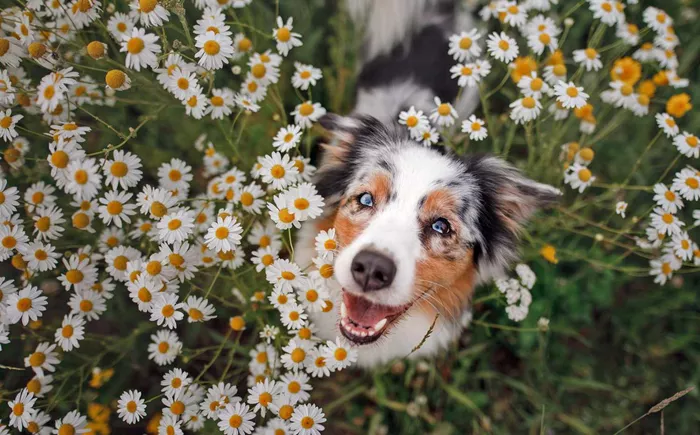As spring awakens with vibrant colors and scents, pet owners are being cautioned about the potential dangers lurking in their gardens and homes. In recognition of Pet Poison Prevention Month, DoveLewis is highlighting the risks posed by certain flowers that can be toxic to cats and dogs.
“Many people are unaware of the dangers certain flowers pose to pets,” noted Dr. Hannah Marshall, a Critical Care Specialist at DoveLewis. “While some may cause mild stomach upset, others, like lilies for cats, can lead to life-threatening conditions. Knowing which flowers to avoid is a simple yet effective way to ensure pet safety this season.”
Among the most hazardous flowers are lilies, which can cause kidney failure in cats even if ingested in small amounts, leading to potentially fatal outcomes. The toxicity of lilies is particularly concerning because their pollen can cause an emergency if it comes into contact with a cat’s fur, as cats frequently groom themselves. Moreover, water from vases containing lilies can also lead to kidney failure, emphasizing the need for caution.
Other flowers to avoid include tulips, hyacinths, and daffodils, which can cause vomiting, diarrhea, and respiratory issues in pets. Azaleas and rhododendrons are also hazardous, as they can lead to severe heart problems. Additionally, eucalyptus, hydrangeas, and peonies are listed among toxic plants.
For pet owners seeking safer alternatives, DoveLewis recommends roses, orchids, sunflowers, snapdragons, gerber daisies, petunias, asters, sword ferns, and zinnias. The ASPCA provides a comprehensive list of toxic and non-toxic plants, which pet owners are encouraged to consult before introducing new flowers into their homes or gardens.
Beyond the dangers posed by flowers, springtime brings additional risks such as garden chemicals, rising temperatures, and standing water, which can harbor harmful bacteria. Unsecured windows and balconies pose fall risks, and spring cleaning supplies can be toxic if ingested by curious pets.
DoveLewis remains available 24/7 for emergency care, and pet owners can also seek guidance from the ASPCA Animal Poison Control Center at (888) 426-4435.


